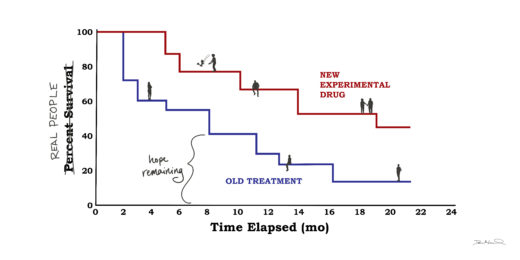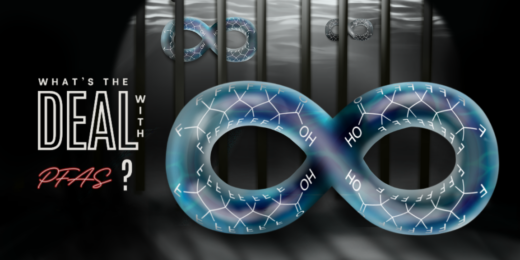I was pretty much on my own when it came to comfort, courage and crying the summer that my farther got sick. I did not believe in God or Heaven, so I had no one to pray to, and my family was not about to start talking about "it."
My mother simply went into action, making plans for my father's recovery. She decided that a country house would be good therapy, especially one with a swimming pool and some sort of a nice view. Actress Helen Hayes rented us Pretty Penny, her 17-room Victorian mansion that sat on a hillside overlooking the Hudson River outside Nyack.
At dusk I'd sit on the porch with a book in my hand waiting for my father to come home from work. My girlfriends all had a crush on him. I guess that I did, too, although he was often aloof and preoccupied with worries about work and this mysterious illness that the doctors called encephalitis, a swelling of the brain caused by a virus. He refused to stay home, and so every day my cousin, Doug, would drive him to his factory in Hoboken.
Often, we sat on the porch sipping cool drinks served to us on a silver platter by our summertime maid. I chattered on about my job at an advertising agency, trying to engage him in conversation.
He wasn't really listening to me.
"I know that the doctors think I'm going to be fine," he said. "But I just feel strange. I'm here but I'm not."
He imagined that he had a brain tumor. I was scared that he might be right. And then he'd change the subject.
"Gin and tonic in the summer," he said. "When fall comes, it's back to scotch and soda."
By the end of the summer, my father's health seemed to improve -- not measurably, but enough to raise our hopes and believe that the doctors had accurately diagnosed his illness.
But the undiagnosed tumor, which had been spreading unabated, knocked my father to the ground. He was rushed to the hospital and the doctors tried to remove the tumor, but it was too deeply embedded in his brain to risk removing it. So they left it where it was. The doctors didn't tell him anything, just that the virus had spread but that he would eventually get better.
The rest of the family, however, had been given the grim news.
Our porch conversations changed. He'd say, "Read to me," and I'd find our place in one of the many history books he liked, Iberia by James Michener or Herman Wouk's Exodus, but I had trouble getting the words out.
Sometimes, I'd stop.
"Dad, do you remember when I was a little girl, and you used to read Little Red Riding Hood to me?"
"Yes, that was always your favorite," he said. "That and Pinocchio."
I think that losing his ability to read was one of the most vicious parts of the disease. During the good times, before the cancer, my father devoured six or seven books a week.
After I'd finish a chapter, he'd always thank me. And then he'd say something about the future.
"I bet by next winter, I'll be skating again," he'd say. "We'll go to Rockefeller Center. I'm sure of it."
And he believed it.
"I'd like that, Daddy."
Along with everyone else in the family, I pretended that my father was going to be all right. In fact, the doctors told us that my father had less than six months to live. But we never told him. Lies filled the air between us like dead rose petals blowing across the terrazzo floor. If my father knew, it was never apparent to me.
I often ask myself if it would have been better had we told him the truth. Sitting on that porch I could have asked him so many questions; I could have thanked him for being a good father; I could have said goodbye; I might even have been able to find words to comfort both of us in our shared grief. Instead, I followed a script called, "Let's Pretend."
My father died at 52.
Forty years later, I still dream of my father; sometimes he is healthy, smashing a tennis ball for the winning point; other times, he is leaning on his crutches, taking one brave step after another across the terrazzo floor. I still cannot pray, but if there is a Heaven, I want to be there with him.
This piece, originally in longer form, is part of an ongoing collaboration with Months to Years, a nonprofit quarterly publication that showcases nonfiction, poetry and art exploring mortality and terminal illness.
Loren Stephens is a two-time nominee for the Pushcart Prize and president of Write Wisdom, a ghostwriting company. She is working on her debut novel set in World War II Japan and Glendive, Montana, All Sorrows Can Be Borne, which will be published in 2019.
Photo by glynn424






